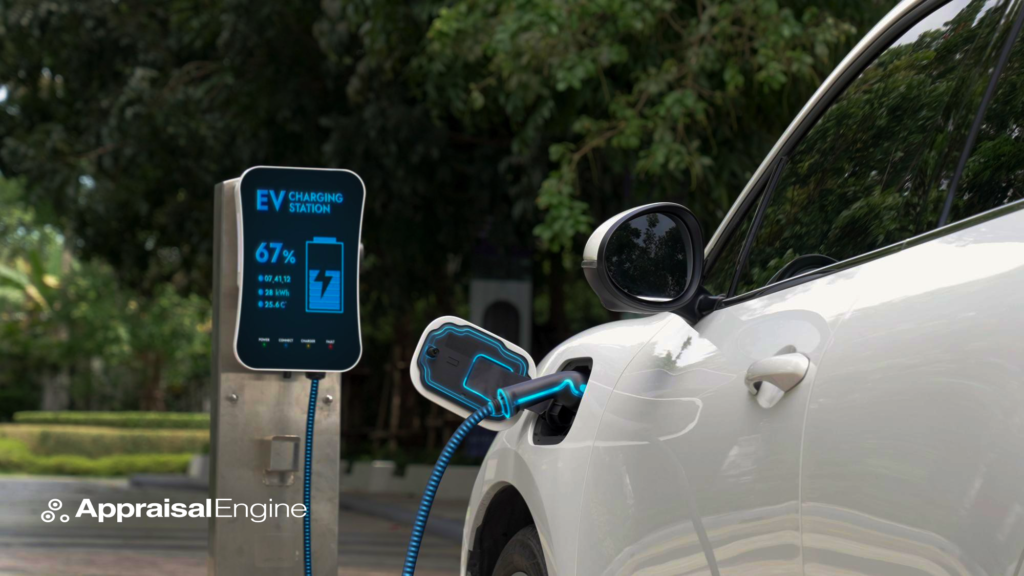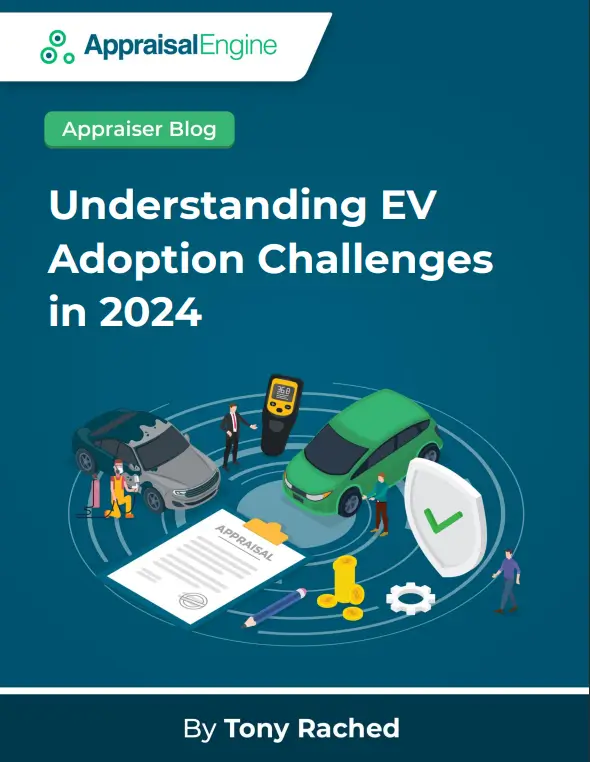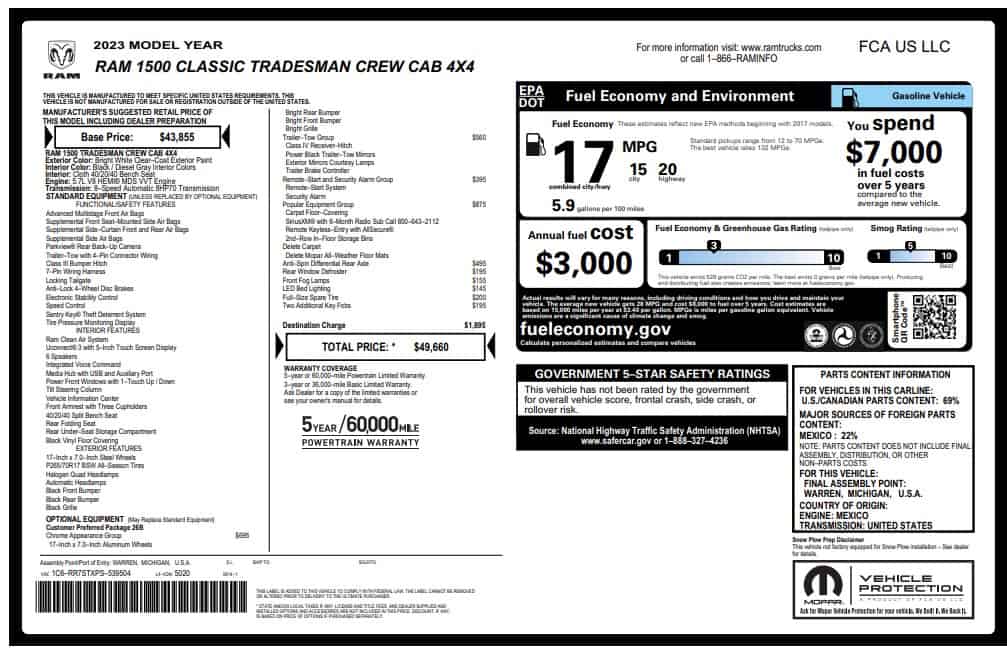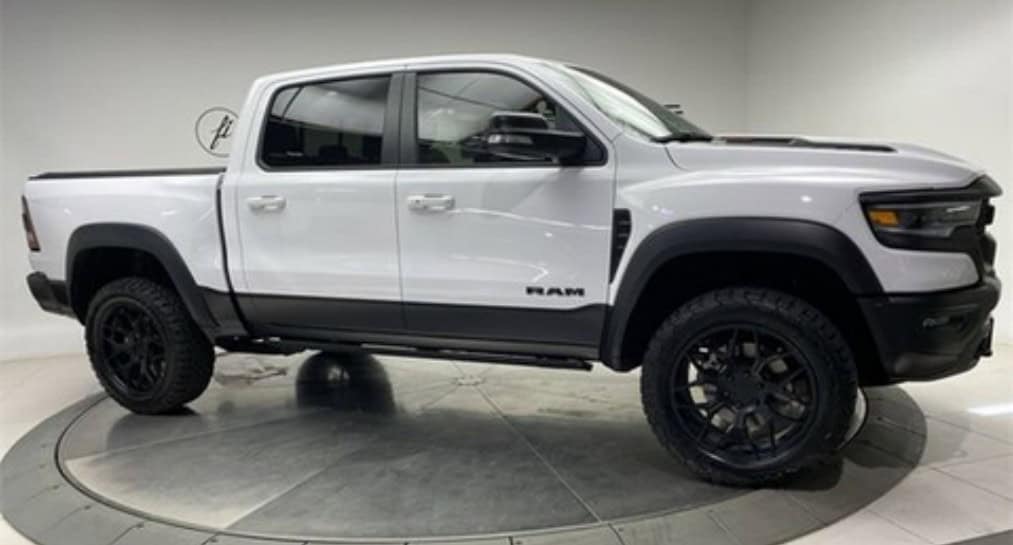Electric vehicles (EVs) were once viewed as the future of motoring, a sustainable solution for our planet. But as we delve into 2024, it’s clear that there are significant EV adoption challenges affecting sales. This article explores these challenges in detail.

Understanding EV Adoption Challenges in 2024 (PDF)
The Roadblock in EV Adoption in 2024
Despite initial optimism and record sales in the past, the current year has brought to light serious EV adoption challenges. The much-anticipated surge in EV sales is losing momentum. Major automakers like Ford and General Motors are rethinking their strategies, and even Tesla’s expansion isn’t progressing as expected. This slowdown reflects more than a market fluctuation; it’s a sign of deeper issues in America’s approach to electric vehicles.
The Myth of the One-for-One Replacement in EV Strategy
Central to the U.S. strategy on EV adoption is a critical misconception: the belief that EVs can easily replace gasoline vehicles. This approach, highlighted by industry expert Edward Niedermeyer, fails to consider the complex needs of modern transportation. The trend towards oversized EVs, while catering to America’s preference for large vehicles, ironically worsens environmental and safety concerns, undermining the goals of EV adoption.
Range Anxiety and the Price Barrier in 2024’s EV Market
One of the significant EV adoption challenges in 2024 is the consumer’s fixation on range, leading to EVs with larger, more expensive batteries. Despite a drop in prices, EVs are still less affordable than traditional vehicles, sidelining a large segment of potential buyers.
Lessons from Norway’s EV Journey
Norway is often seen as a success story in EV adoption, but its experience presents unique challenges, such as increased car ownership and limited impact on emissions. The U.S. can learn from Norway’s journey, recognizing the limitations of a strategy focused solely on electric vehicles.
Rethinking Transportation Beyond EVs
As we face these EV adoption challenges in 2024, it’s crucial to broaden our perspective. Tackling climate change effectively requires a holistic approach, including promoting smaller, more efficient hybrid vehicles and improving public transportation systems. EVs should be a part of this diverse mobility solution, especially for short daily commutes.
Conclusion
While the dream of an all-electric future is compelling, 2024 calls for a reality check. It’s essential to shift focus from simply replacing gas cars with EVs to developing a comprehensive transportation strategy. This means not just electrifying our roads, but reimagining sustainable mobility in its entirety.





